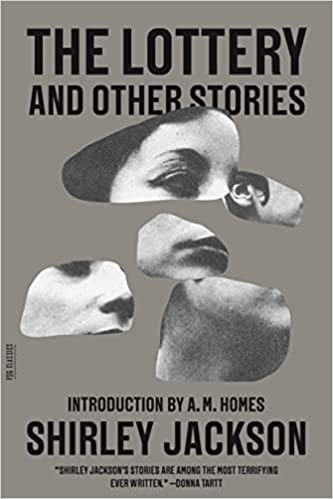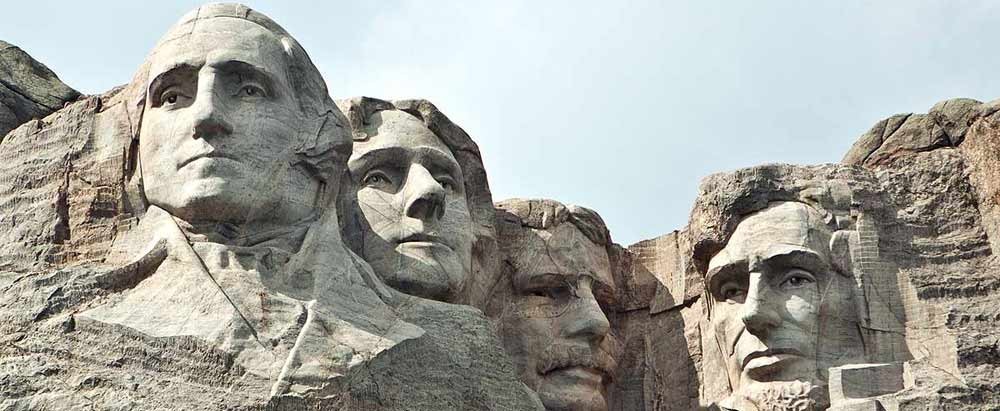
Sometime over the past few weeks, I was noodling around on the internet and I stumbled upon – from what site I can’t recall – a link to an article with an intriguing yet click-baitish title: “Reminder: the most famous short story in American literature was written in one day.” (Took some google, biut here’s the article link.)
For most people, I guess the article would be interesting in seeing how “they pounded it out so quickly?” Short stories are a difficult genre and each word matters. One can get sloppy in a novel – witness William Faulkner’s pages-long paragraphs. Can’t do that in short story – just don’t have the pages to burn.
But for me the question was: What is the most famous short story in American literature?
Before I clicked through, I made a few guesses:
- “Hills Like White Elephants” – Ernest Hemingway
- “The Tell-Tale Heart” – Edgar Allan Poe
- “To Build a Fire” – Jack London
- “A Rose for Emily” – William Faulkner
And so on.
The winner – according to the article’s author: Shirley Jackson’s “The Lottery.”
OK, I know the story and it is a classic, but I would have never thought of it. As good a story as any I came up with before clicking through, and better than some (but not all) that I have considered since.
But not the “most famous American short story.”
I don’t think you can select a most famous American short story, any more than you can pick a most famous American novel. (And let’s not even get into the issue of the “best” short story or novel!)
Other American short stories to consider:
- “Big Blonde” – Dorothy Parker (though I prefer “The Waltz” – delightful).
- “A Good Man is Hard to Find” – Flannery O’Connor. Southern neo-gothic
- “A & P” – John Updike. The last line echoes – but in a far different way – the last line of Frank O’Connor’s “Guests of the Nation.”
- “The Country Husband” – John Cheever
- “Why I Live at the P.O.” – Eudora Welty
- “A Lovely Day for Bananafish” – J.D. Salinger
- “The Bride Comes to Yellow Sky” – Stephen Crane. Worth reading just so you can occasionally pick up the story and re-read the last few paragraphs.
- “Bartleby the Scrivener” – Herman Melville
- “A River Runs Though It” – Norman Maclean. Again, read so you can more fully appreciate the final three paragraphs. Poetry even if you didn’t read the story; magic if you did.
- “Battle Royal” – Ralph Ellison. A brutal story which became the first chapter of Ellison’s seismic Invisible Man.
One final note: It’ll never be on a list of most famous short stories (American or otherwise) – but Tillie Olson’s “Tell Me a Riddle” is as well-written and devastating as anything I’ve read. Forty or so pages; I read it in one swallow in college knowing nothing about it.
